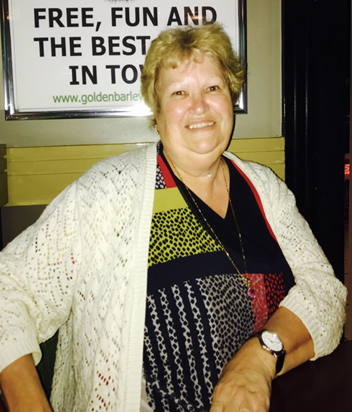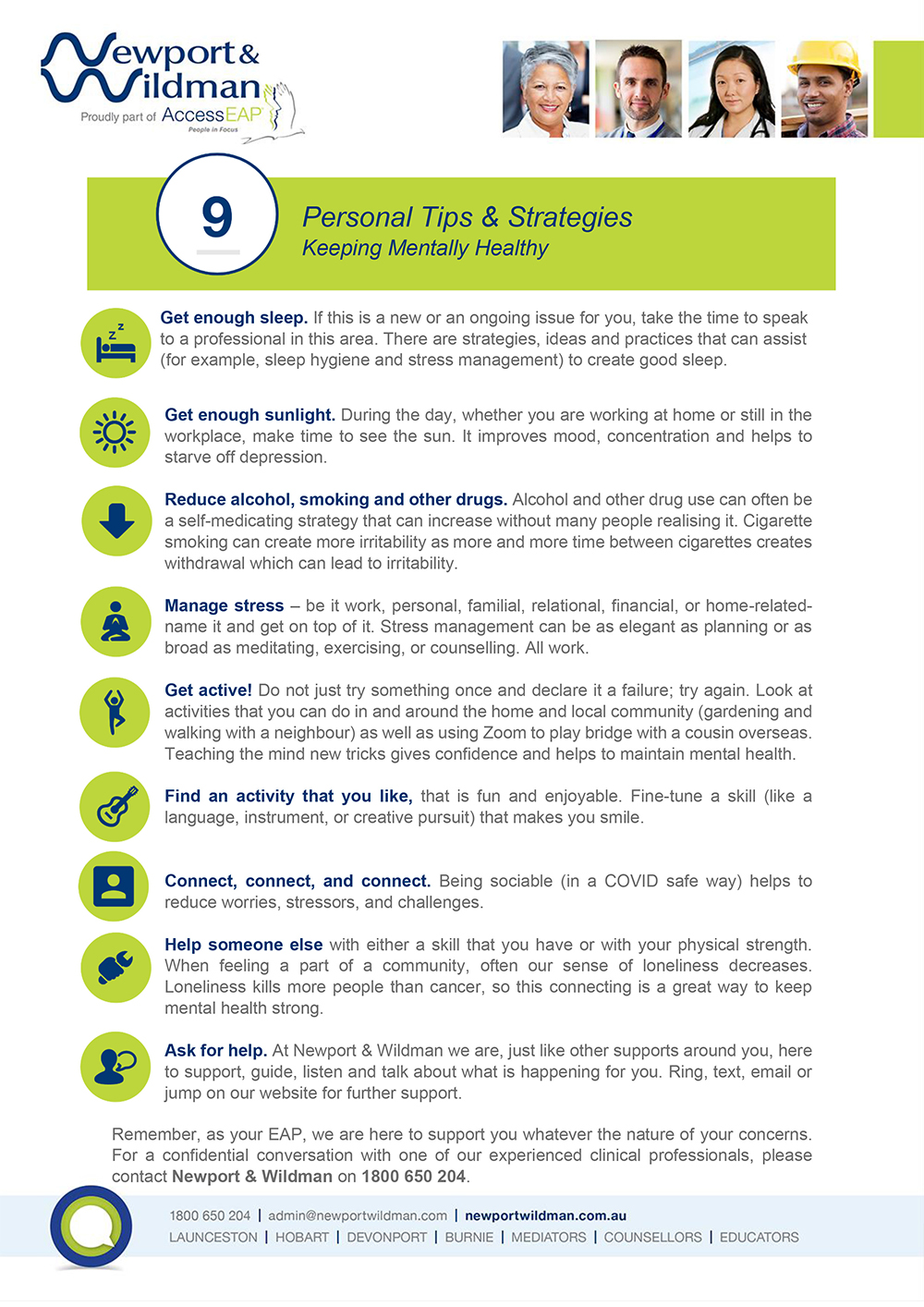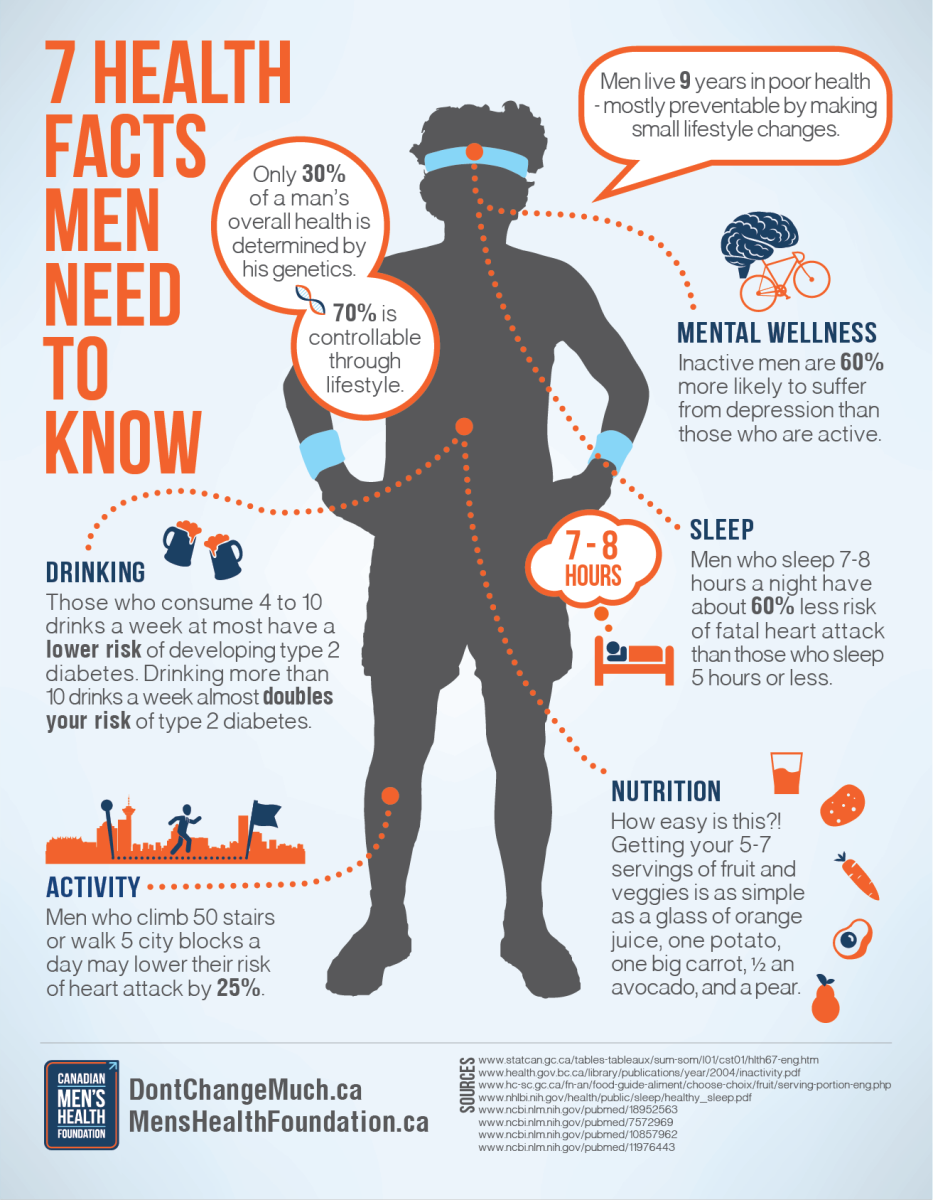Newport & Wildman is your Employee Assistance Program (EAP), your proactive mental health and wellbeing service here to support you. Confidential and free for staff, we offer access to counselling, coaching and training. Utilising EAP has become even more important in recent times, with people facing long wait times for counselling appointments through their GP and with the reduction of the Medicare-funded psychology sessions occurring at the end of this year.
During the pandemic, the government increased the number of Medicare-funded psychology sessions each year from 10 to 20, recognising the impact the pandemic was having on the mental health of Australians. In the 2021-22 financial year alone, 1,023,241 additional sessions were provided by psychologists1, highlighting the real need for support. This increase will end on the 31st of December 2022, reverting to 10 sessions.
The decision to reduce the number of Medicare sessions was based on a study from the University of Melbourne. The study suggested the current system was not providing equitable access for lower socio-economic groups and those living in regional areas. The government will convene a forum of experts and people with lived experience of mental illness early next year to assess the recommendations of the University of Melbourne report.
The danger of reducing the Medicare-funded sessions before that review is completed is increased anxiety in the community and more barriers for those with mental health concerns to receive adequate support. At Newport & Wildman, we acknowledge that people may be concerned and recognise that this change may affect you or people within your organisation. With the reduction of sessions, we encourage the use of EAPs to help bridge the gap with long wait times and to add another layer of support.
We are here ready to support you. Contact Newport & Wildman on 1800 650 204.
Marcela Slepica
Director, Clinical Services








